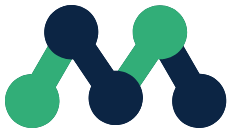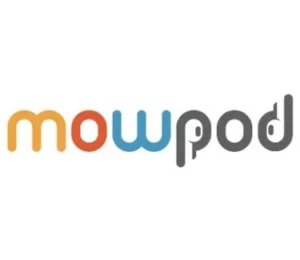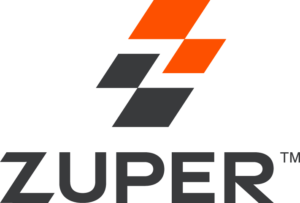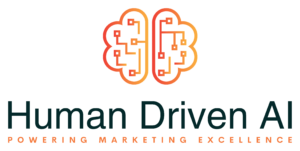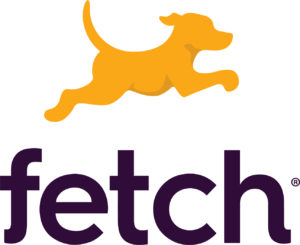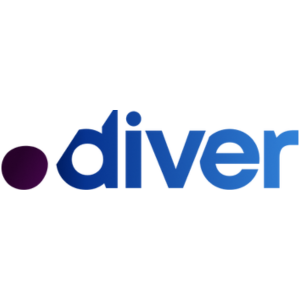How COVID has affected the malvertising landscape — Matt Gillis // Clean.io
- Part 1Malvertising’s impact on marketers revenue & sub churn — Matt Gillis // Clean.io
- Part 2 How COVID has affected the malvertising landscape — Matt Gillis // Clean.io
Show Notes
Quotes
-
“whenever I think of malvertising or advertising abuse, I go back into thinking about what happened at eBay, which was things like cookie stuffing and basically cloning user experiences that weren't happening to take credit for real legitimate marketing transactions.”
-
“So malvertising is effectively a hybrid of the words, malicious and advertising.”
-
“... that's what malvertising is. It's bad actors who are buying ads on websites. And they're hoping to take over that user experience and drive that user somewhere where that user probably did not intend to go.”
-
“... most real advertisers would hope to have half a percent click through rate with their ads. Well, these bad actors have figured out how to basically take a user through a hundred percent of the time that they want to, to those pages.”
-
“So it's not just necessarily driving a click or putting a click to drop a cookie, to take an affiliate payment. There's a user data capture.”
-
“Most of what we do is to protect publishers and platforms from these various bad actors in turn, there's a benefit to advertisers...”
-
“... these bad actors, they're very unpredictable. So what they do, obviously their whole goal is to not get caught. They want to be able to buy. They'll use the tactics of the most sophisticated performance advertiser to frequency cap, to basically dynamically target in geos and make it really hard for them to be sought out.”
-
“So we protect digital engagements across the internet, whether it's on publisher web pages or on e-commerce sites. What we do at the core is we're preventing third-party malicious or untrusted, JavaScript from entering the ecosystem and taking over the user experience.”
-
“There are enterprise scale companies that are maybe not injecting malvertising, but exhibiting behaviors that impact the bottom line of businesses like PayPal, like capital one.”
-
“So Honey is now owned by PayPal. They were acquired for four and a half billion dollars.... honey, would say that they saved their users. $1.6 billion in savings in 2020. So that means that because honey was on user's machines and I think they have 30 million users that they created an average order value reduction of $1.6 billion. Honey works on about 40 or 50,000 different storefronts.”
- Part 1Malvertising’s impact on marketers revenue & sub churn — Matt Gillis // Clean.io
- Part 2 How COVID has affected the malvertising landscape — Matt Gillis // Clean.io
Up Next:
-
Part 1Malvertising’s impact on marketers revenue & sub churn — Matt Gillis // Clean.io
Today, Matt Gillis, CEO of Clean.io talks with Ben about advertising malpractice and how it affects your revenue. Bad advertising practices can even limit or block your flow of subscribers. How can you protect your business? Ben and Matt discuss how malvertising works and what Clean.io does to prevent it.
Play Podcast -
Part 2How COVID has affected the malvertising landscape — Matt Gillis // Clean.io
Ben talks with Matt Gillis, CEO of Clean.io about advertising challenges and abuse. What does malvertising look like today and how has Covid affected it? Matt and Ben discuss in detail the relative increase in malvertising since the online traffic surge that came with the pandemic. Matt discloses how Clean.io prevents malvertising in real time.



